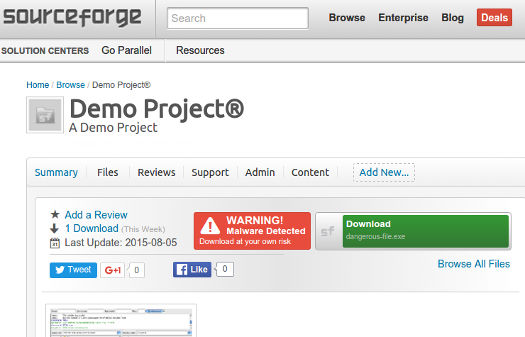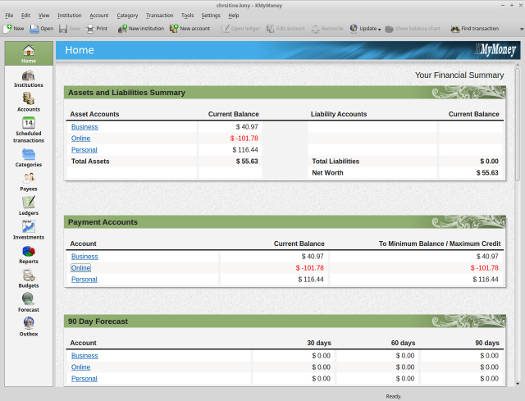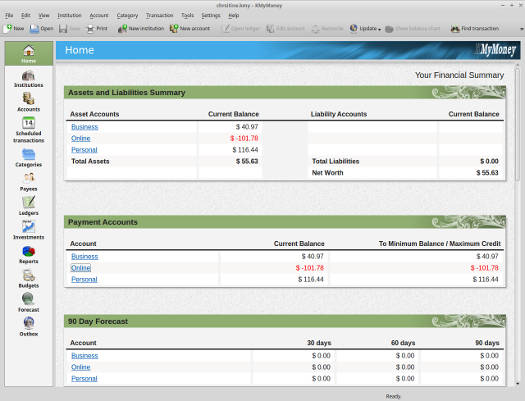Have you been trying to put your finger on exactly what it is you don’t like about Android and iOS? Maybe this will help.
I’ve finally defined what it is I don’t like about Android — or about any mobile device for that matter. I’ve grappled with this issue for several years, boiling my dislike of Google’s operating system down to “it’s always trying to sell something.” But that wasn’t quite it, and I knew it. The selling thing is a symptom, not the disease, so to speak.
Then, one day last week I finally had my aha! moment and realized precisely what it is I don’t like about mobile devices. I was reading a pretty good article by Steven J. Vaughan-Nichols, his take on the death of computing as many of us know it, when I came across a line that was basically meant as an aside, and suddenly I understood why I don’t like Android or iOS and never will.













 “When building features for hundreds of millions of Firefox users worldwide, it’s important to get them right,” he wrote. “To help figure out which features should ship and how they should work, we created the new Test Pilot program.”
“When building features for hundreds of millions of Firefox users worldwide, it’s important to get them right,” he wrote. “To help figure out which features should ship and how they should work, we created the new Test Pilot program.”